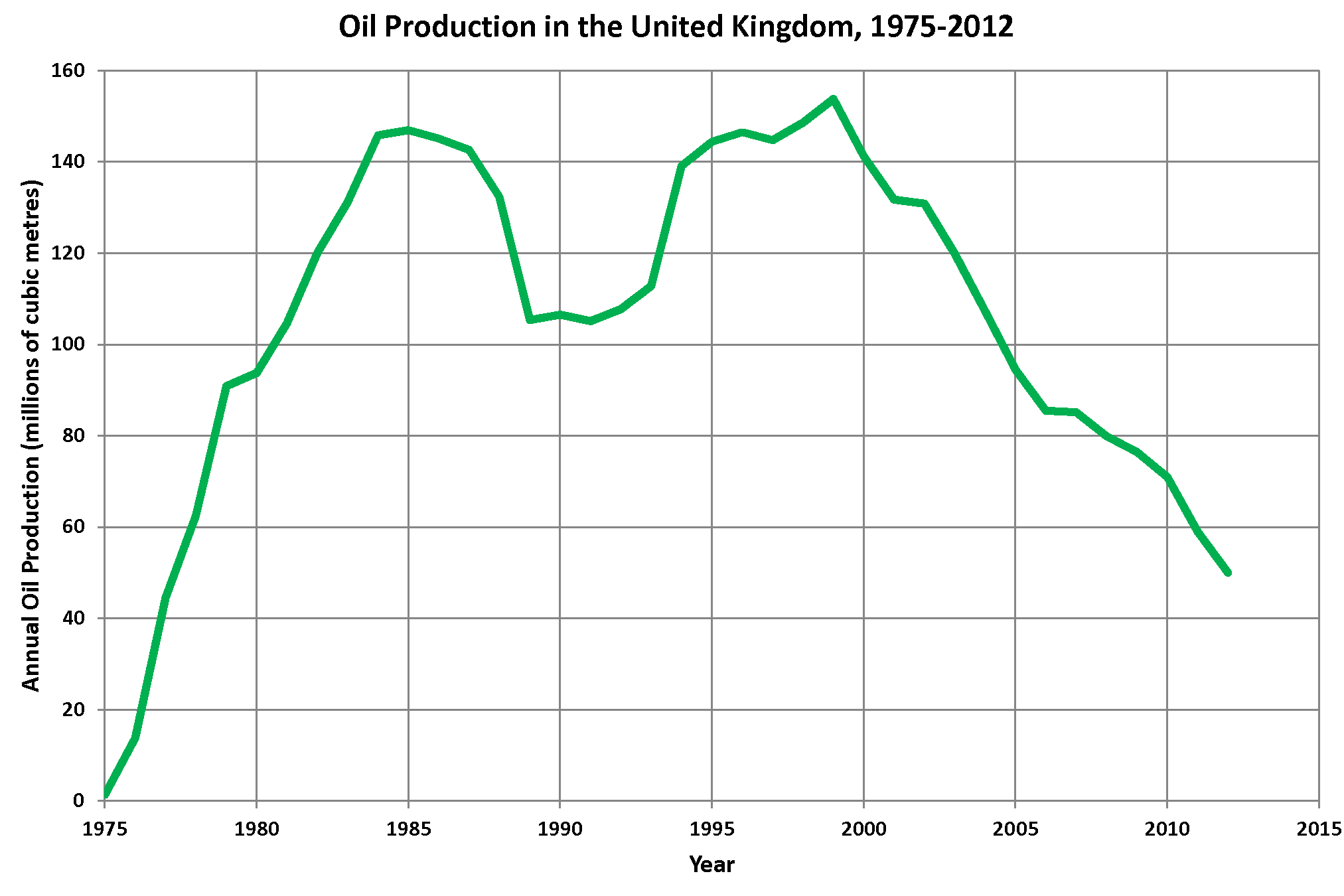|
Gasworks Clauses Act 1847
The Gasworks Clauses Act 1847 (10 & 11 Vict. Chapter 15) is an Act of the Parliament of the United Kingdom which consolidated the law concerning the authorisation of gasworks. Background A plethora of Acts of Parliament concerning gasworks had been enacted since the start of the commercial operations in the 1800s and 1810s. The 1847 Act aimed to consolidate the provisions of all these Acts into a single overarching Act. In 1847 a government commission was established to examine the system of gas supply. It concluded that there was seldom a benefit to the consumer of limited competition between undertakings. The 1847 Act limited company dividends to ten percent. The Act codified the rights and obligations of gas undertakings and regulated dividends and prices. Gasworks Clauses Act 1847 The Gasworks Clauses Act 1847 received Royal Assent on 23 April 1847. Its long title is ‘An Act for consolidating in one Act certain provisions usually contained in Acts authorizing the making ... [...More Info...] [...Related Items...] OR: [Wikipedia] [Google] [Baidu] |
Parliament Of The United Kingdom
The Parliament of the United Kingdom is the supreme legislative body of the United Kingdom, the Crown Dependencies and the British Overseas Territories. It meets at the Palace of Westminster, London. It alone possesses legislative supremacy and thereby ultimate power over all other political bodies in the UK and the overseas territories. Parliament is bicameral but has three parts, consisting of the sovereign ( King-in-Parliament), the House of Lords, and the House of Commons (the primary chamber). In theory, power is officially vested in the King-in-Parliament. However, the Crown normally acts on the advice of the prime minister, and the powers of the House of Lords are limited to only delaying legislation; thus power is ''de facto'' vested in the House of Commons. The House of Commons is an elected chamber with elections to 650 single-member constituencies held at least every five years under the first-past-the-post system. By constitutional convention, all governme ... [...More Info...] [...Related Items...] OR: [Wikipedia] [Google] [Baidu] |
Royal Assent
Royal assent is the method by which a monarch formally approves an act of the legislature, either directly or through an official acting on the monarch's behalf. In some jurisdictions, royal assent is equivalent to promulgation, while in others that is a separate step. Under a modern constitutional monarchy, royal assent is considered little more than a formality. Even in nations such as the United Kingdom, Norway, the Netherlands, Liechtenstein and Monaco which still, in theory, permit their monarch to withhold assent to laws, the monarch almost never does so, except in a dire political emergency or on advice of government. While the power to veto by withholding royal assent was once exercised often by European monarchs, such an occurrence has been very rare since the eighteenth century. Royal assent is typically associated with elaborate ceremony. In the United Kingdom the Sovereign may appear personally in the House of Lords or may appoint Lords Commissioners, who announce ... [...More Info...] [...Related Items...] OR: [Wikipedia] [Google] [Baidu] |
Oil And Gas Industry In The United Kingdom
The oil and gas industry plays a central role in the economy of the United Kingdom. Oil and gas account for more than three-quarters of the UK's total primary energy needs. Oil provides 97 per cent of the fuel for transport, and gas is a key fuel for heating and electricity generation. Transport, heating and electricity each account for about one-third of the UK's primary energy needs. Oil and gas are also major feedstocks for the petrochemicals industries producing pharmaceuticals, plastics, cosmetics and domestic appliances. Although UK Continental Shelf production peaked in 1999, in 2016 the sector produced 62,906,000 cubic metres of oil and gas, meeting more than half of the UK's oil and gas needs. There could be up to 3.18 billion cubic metres of oil and gas still to recover from the UK's offshore fields. In 2017, capital investment in the UK offshore oil and gas industry was £5.6 billion. Since 1970 the industry has paid almost £330 billion in production tax. About 280,000 j ... [...More Info...] [...Related Items...] OR: [Wikipedia] [Google] [Baidu] |


